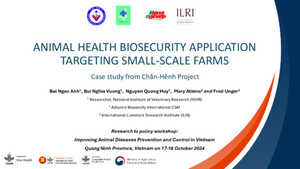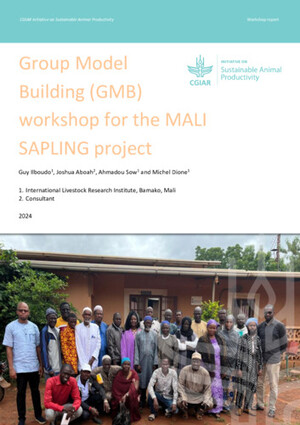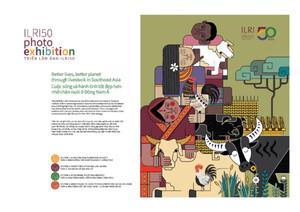
Alignment of poultry sector actors with avian influenza control in Indonesia
Abstract
Highly pathogenic avian influenza (HPAI) was first officially reported in Indonesia in 2004; the disease is now endemic, particularly in the Java, Sumatra, Bali and South Sulawesi Islands. During the early stages of the epidemic, emergency interventions were mainly implemented by the government with assistance from local and international partners. With the establishment of the disease, emergency control measures were replaced by routine interventions that require stronger involvement of all the actors, particularly in the poultry sector. The main challenge with this approach, however, is whether poultry value chain actors can comply with the requirements for effective implementation of HPAI control measures. To begin addressing this issue, the present study attempted to (i) characterize control measures in terms of expected degree of compliance by both actors in the poultry value chain and the agents responsible for their implementation, and in this manner (ii) identify actors that may be expected to act as compliance fail-points to successful implementation of control measures. The approach posits that actors’ willingness to comply depends fundamentally on the alignment of control measures with the actors’ capacity to comply, their current practices and incentives they face.
Citation
Willyanto, I., Bett, B., Unger, F., and Randolph, T.F. 2010. Alignment of poultry sector actors with avian influenza control in Indonesia. HPAI Africa/Indonesia Team Working Paper 28. Washington, DC: IFPRI










